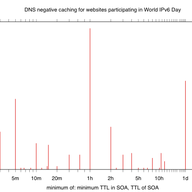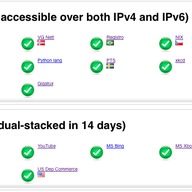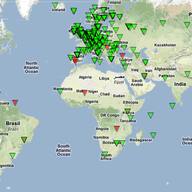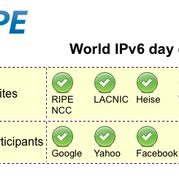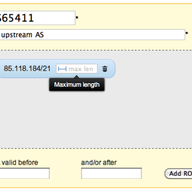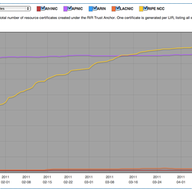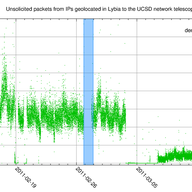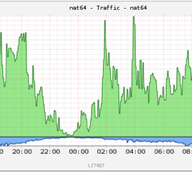
Experimental NAT64/DNS64 Service


Raimundas Tuminauskas
Based in Kaunas, Lithuania
I lead a group of engineers mainly responsible for the backbone network infrastructure of Lithuanian research and education network LITNET. Although day to day operations take their bit of time, the adoption of new technologies and network planning in the constantly changing environment makes life harder, but an interesting experience … More
• 2 min read
The Lithuanian research and education network LITNET has introduced the NAT64/DNS64 service at the TERENA Networking Conference (TNC2010) last year, and it has been running ever since. The main feature of NAT64/DNS64 is that it can not only be used as a usual NAT, but as a meeting point between tw…

